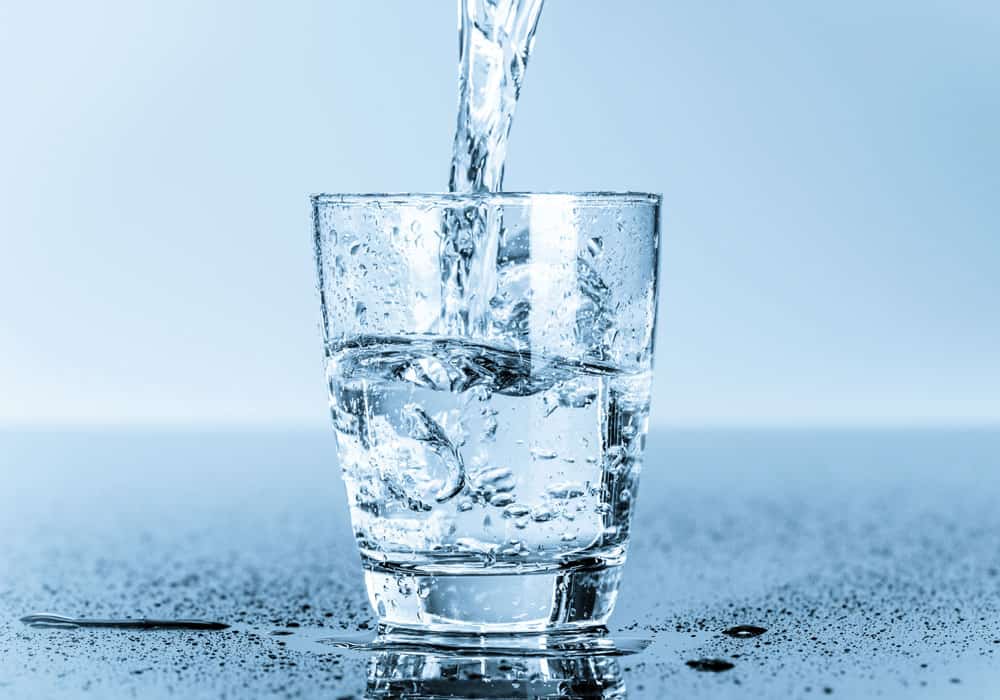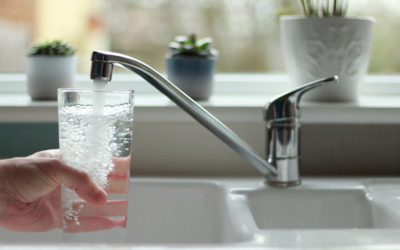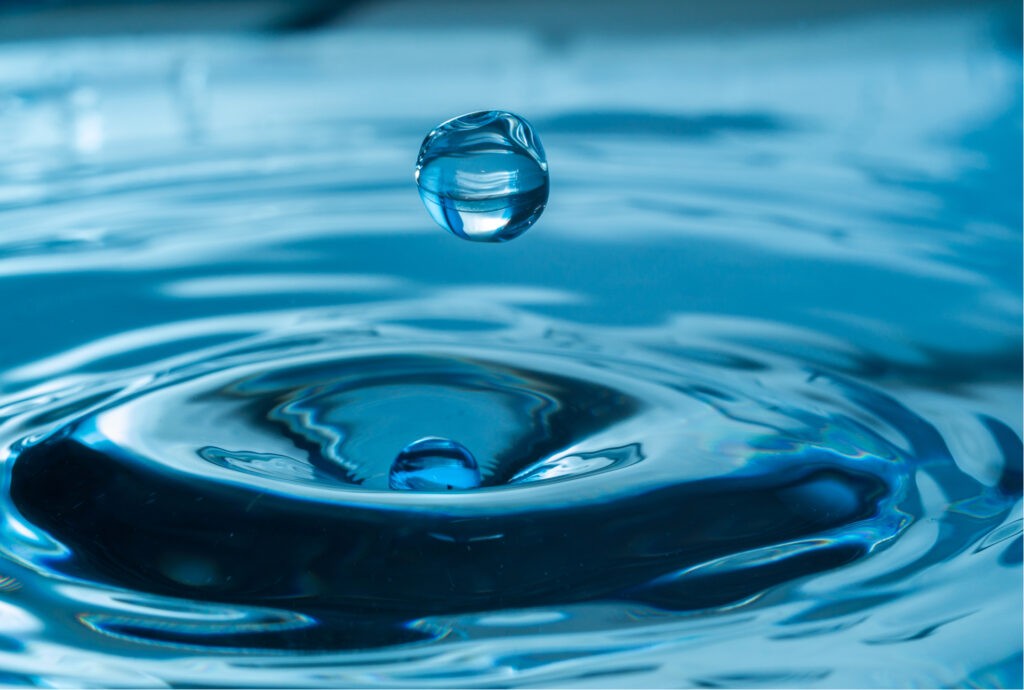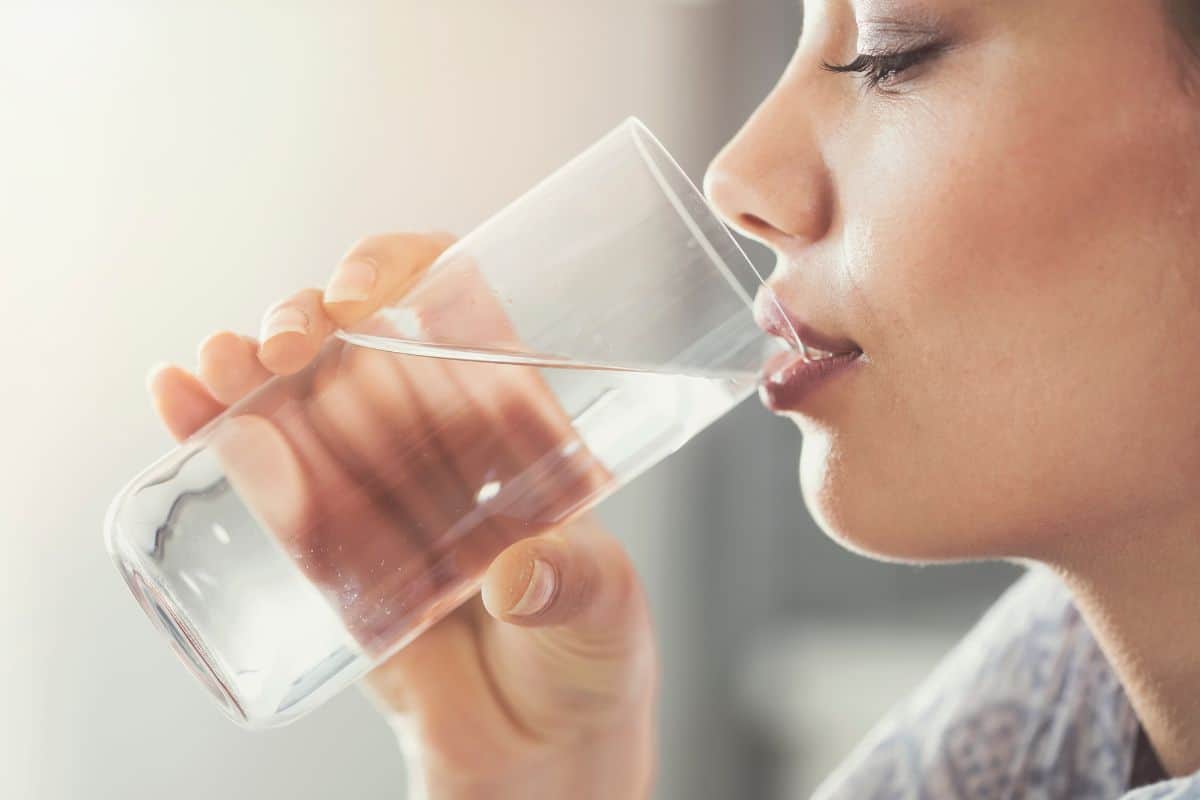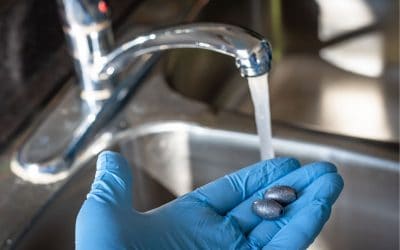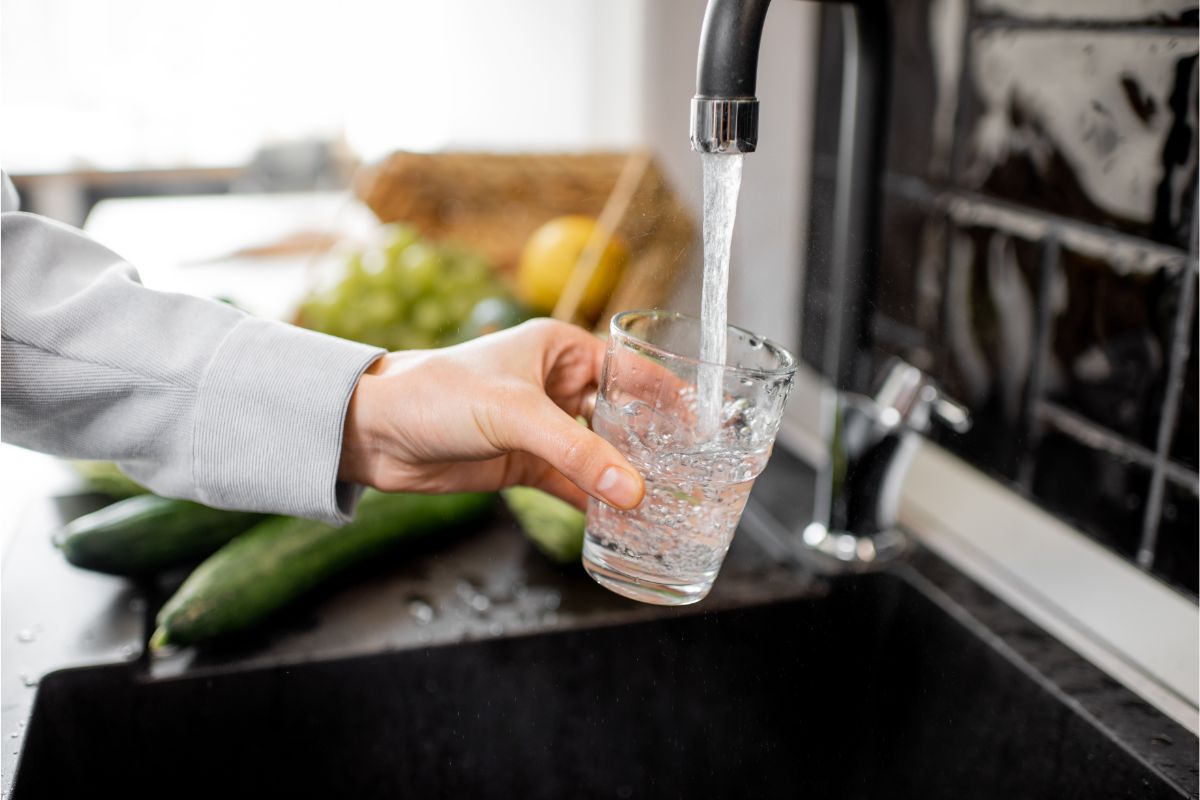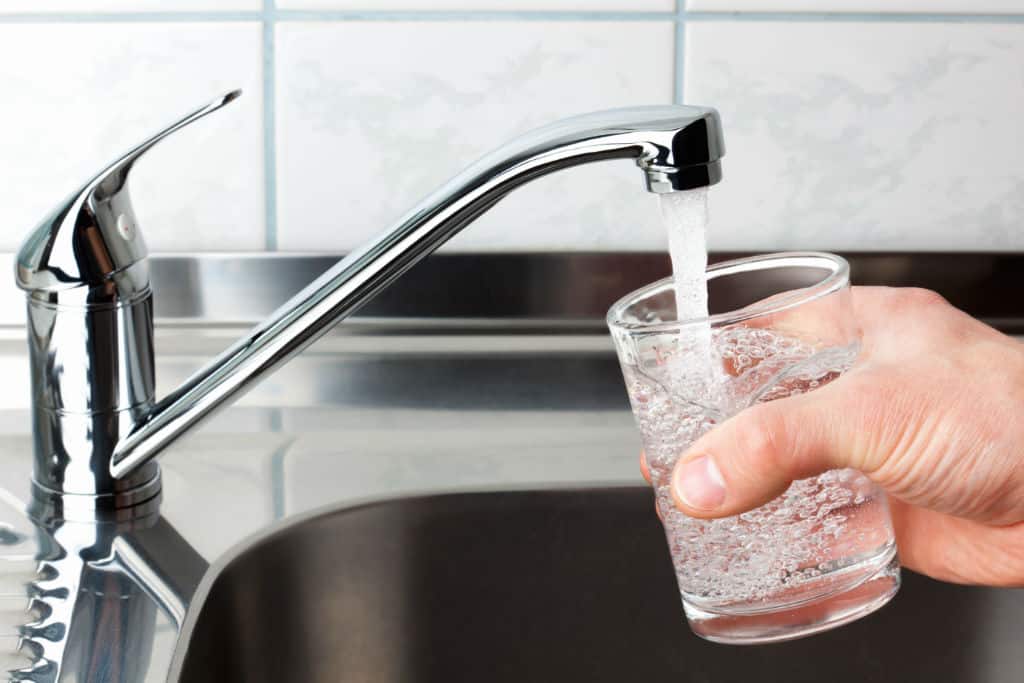If you’re reading this, you’ve probably heard — or at least read — the news that tap water isn’t as safe as it used to be. There have been so many scares about lead, copper, and arsenic in our drinking water that cities and states all over the country have spent millions of dollars re-testing their drinking water infrastructure.
So can you drink tap water in Houston? Yes, you can. Houston is a big city with a lot of people. With all those people, there is bound to be a lot of water usage. This means that the tap water in Houston is usually safe to drink. However, there are some things you should know about tap water before you decide whether or not to drink it.
This blog post will discuss the safety of drinking tap water in Houston and what you can do to ensure you get the most out of your water.
No products found.
No products found.
Contents
Where does Houston tap water come from?
If you live in Houston, the water from your tap comes from one of the city’s three main reservoirs: Lake Livingston, Lake Conroe, or Lake Houston. But where does that water come from?
The Trinity River, which flows into Lake Livingston, is the main source of Houston’s water supply, providing over 85% of the city’s total water needs. The San Jacinto River, which flows into Lake Conroe and Houston, is another major contributor, supplying the remaining 15%.
Who regulates Houston tap water?
Houston tap water is treated to very high standards for microorganisms and toxins, making it safe to drink according to the EPA. However, the treatment process can make the water taste unpleasant to some people.
The age of the water mains in some neighborhoods can give the water a metallic taste. While the EPA considers Houston tap water safe, the Environmental Working Group is a bit more cautious. They have reported finding ten cancer-causing contaminants in Houston’s tap water above national and state averages. Despite this, Houston’s tap water is still safe to drink, according to the EPA and EWG.
Water quality report for Houston tap water
You can view the most recent water quality report for Houston’s tap water here. This report is updated annually. It includes information on the levels of contaminants found in the water and what is being done to ensure that the water meets all safety standards.
Regulations around arsenic, lead, and copper is currently being re-evaluated. Lead in particular is allowed up to 15ppb by EPA, but the ideal goal for lead is to get to zero.
While the current levels for Houston are well below the limit, it’s something we’re keeping a close eye on. Consumers are always encouraged to stay informed about their water quality and contact the city with any questions or concerns.
What contaminants are in Houston drinking water?
While the EPA has set standards for safe drinking water, that does not mean that all tap water is free from contaminants. Houston drinking water contains about ten contaminants higher than the health guidelines recommend. These include lead, arsenic, and chromium-6.
There are also 30 more contaminants in Houston drinking water that, while not higher than the recommendation, are still present. The chief concern with all of them is that they could contribute to the cause of cancer.
While there is no guarantee that drinking water contaminated with these chemicals will cause cancer, it is still essential to be aware of the risks. You can do a few things for those concerned about their exposure to these contaminants.
- You can install a water filter in your home. This will help remove some contaminants from your water before you drink it.
- You can also buy bottled water, although it is essential to check the label to ensure the water is from a safe source.
- Finally, you can contact your local representatives and tell them that you are concerned about Houston’s drinking water safety. Raising awareness and taking action can help ensure everyone has access to clean and safe water.
Water filter recommendations for Houston
Several options are available if you are looking for a water filter that can remove contaminants from your drinking water. The filter you choose will depend on your budget and needs.
- Whole house water filter: A whole house water filter is an excellent option if you want to filter all the water in your home. This filter will remove contaminants from your water before reaching your tap.
- Faucet-mounted filter: A faucet-mounted filter is a less expensive option that will still provide you with filtered water. This type of filter attaches to your faucet and filters the water as it comes out.
- Pitcher filter: A pitcher filter is a good option if you only want to simultaneously filter a small amount of water. Pitcher filters are typically very affordable and can be found at most stores.
Effects of contaminants in Houston water
The Houston water supply is contaminated with various harmful chemicals in small quantities. The most common contaminants include lead and arsenic.
These contaminants can cause various health problems, including neurological damage, reproductive problems, and cancer. Long-term exposure to contaminated water can adversely affect cognitive development in children.
The City of Houston is working to improve the quality of its water supply, but residents should be aware of the potential risks associated with consuming contaminated water.
### Recent Concerns Houston, TX Tap Water Quality
Recently, several concerns have been raised regarding the quality of tap water in Houston, TX. Local media and authorities have reported incidents of contamination that have sparked public health concerns. One of the primary issues is the detection of elevated levels of lead in certain residential areas, particularly affecting older neighborhoods with aging piping systems. Additionally, traces of harmful bacteria such as E. coli have been identified in some water samples, prompting boil water advisories in specific zones of the city.
The Houston Health Department and the Environmental Protection Agency (EPA) have been actively involved in monitoring and addressing these issues. They have increased testing frequencies and are working on infrastructure improvements to replace old pipelines. Residents have been advised to use water filters and to stay informed through official channels for any updates on water safety.
Efforts are also underway to better inform the community about safe water practices and to provide resources for those affected by the contamination. The local authorities continue to collaborate with environmental experts to ensure that comprehensive measures are taken to restore safe drinking water across all impacted neighborhoods.
Houston's drinking water issues: What you need to know
https://www.houstonchronicle.com/news/article/houston-drinking-water-issues-18395837.php
Lead contamination found in Houston water supply
https://www.khou.com/article/news/local/lead-contamination-houston-water/285-abc123456789
E. coli detection leads to boil water advisory in Houston
https://www.click2houston.com/news/local/2023/09/29/e-coli-boil-water-advisory-houston/
Houston officials tackle water quality concerns
https://www.houstonpublicmedia.org/articles/news/2023/10/05/houston-officials-water-quality-concerns/
Related Reading: How To Remove Lead From Water
Bottom Line
You can drink tap water in Houston. Some people still prefer to buy bottled water. If you are one of those people, please consider reusable bottles instead of disposable plastic water bottles. Reusable bottles help reduce waste and keep our environment healthy.
Houston water filter installations are also a great way to remove any contaminants in your water. Many types of water filters are available, so you can choose the one that best meets your needs. By filtering your water, you can help protect yourself and your family from the harmful effects of contaminants.
No products found.
